The Lancet, Volume 375, Issue 9721, Page 1154, 3 April 2010
Before a young African—American woman named Henrietta Lacks died from aggressive cervical cancer at Johns Hopkins Hospital, in 1951, clinicians excised a slice of her cervical tissue and Dr George Gey painstakingly cultured and incubated the prodigiously fecund cancer cells within.
The immortal cell line Gey produced—dubbed HeLa—liberated the study of human cells from the messy business of human experimentation and helped in the development of the polio vaccine, drugs for leukaemia, influenza, haemophilia, and Parkinson’s disease, as well as advancing knowledge of cancer and genetics. But Rebecca Skloot’s graceful new book, The Immortal Life of Henrietta Lacks, is no romantic celebration of the medical revolution HeLa cells unleashed. It’s a richly observed portrait of Lacks and her descendants, the conflict between scientific culture and that of impoverished, rural African Americans, and the potent dangers of ethical violations in medical research.
Johns Hopkins Hospital provided Lacks with the standard of care for her cancer—gratis—and according to Skloot, obtained consent from her husband before extracting further tissue samples from her corpse. But, in 1971, without the knowledge or consent of her family, Johns Hopkins researchers undermined Lacks’ anonymity by publishing her name; and sometime before 1985 released her medical records to the press.
Unlike the transgressions of the US Public Health Service’s notorious syphilis study in Tuskegee, Alabama, details of which first splashed across front pages in 1972, violating Lacks’ privacy did not seem to physically harm Henrietta or her family. Yet the damage was devastating. Just a handful of generations removed from slavery, the Lacks family had struggled through their motherless life in Baltimore. Abandoned by their father, Henrietta’s daughter Deborah is abused by a relative. Her enraged son Joe ends up in prison. Another daughter who has epilepsy is consigned to a state hospital in childhood and dies, unvisited, aged 15 years. For researchers, HeLa cells were experimental workhorses, wonderfully easy to grow and transport. But for the Lacks family, those cells were the essence of their lost mother, whom scientists had infected with viruses, shot into space, crossed with mice, and generally condemned to everlasting torment. “That damn doctor”, rages Henrietta’s son in this book, “done raped her cells”. Underinsured and saddled with prescriptions they could not afford to fill, Henrietta’s descendants feel they have reaped few benefits from the medical revolution their mother’s tissues allowed.
Skloot takes no shortcuts, probing the ethical implications of her own pursuit of the scarred Lacks family, as well as the darker side of the Lacks themselves. I can’t think of a better way to capture the corrosive effects of ethical transgressions in medical research. It’s a heartbreaking story, beautifully rendered.
Courtesy of The Lancet, Volume 375, Issue 9721, Page 1154, 3 April 2010



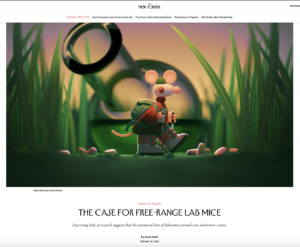
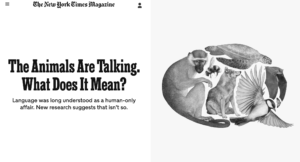
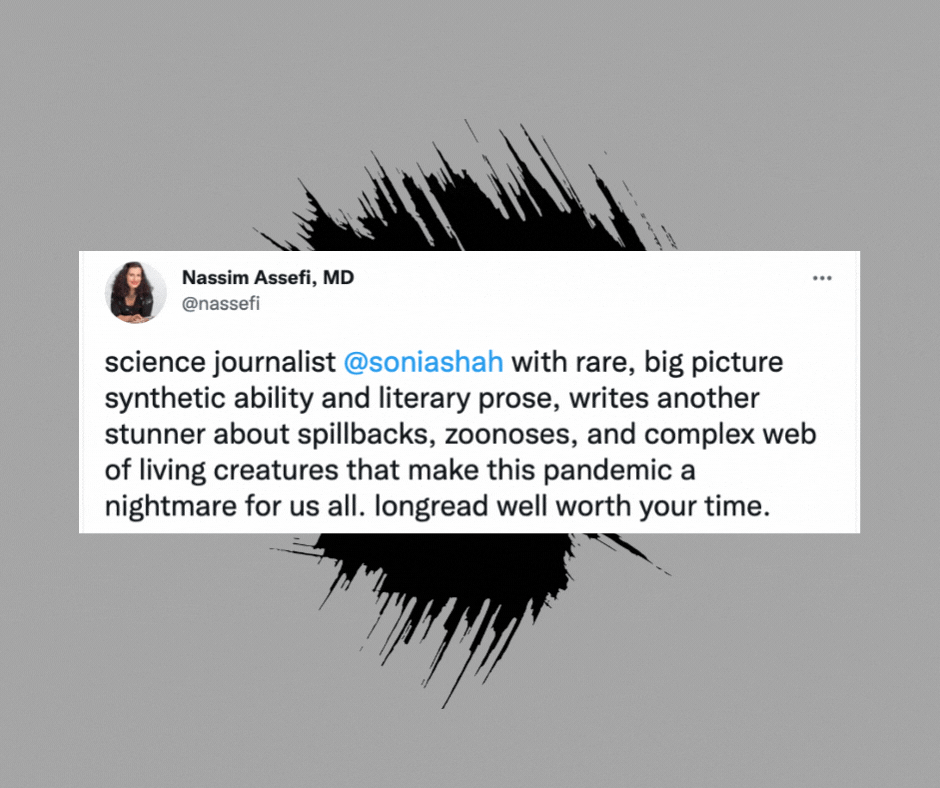
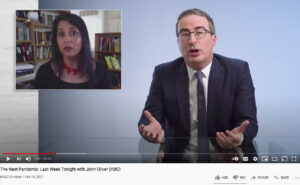
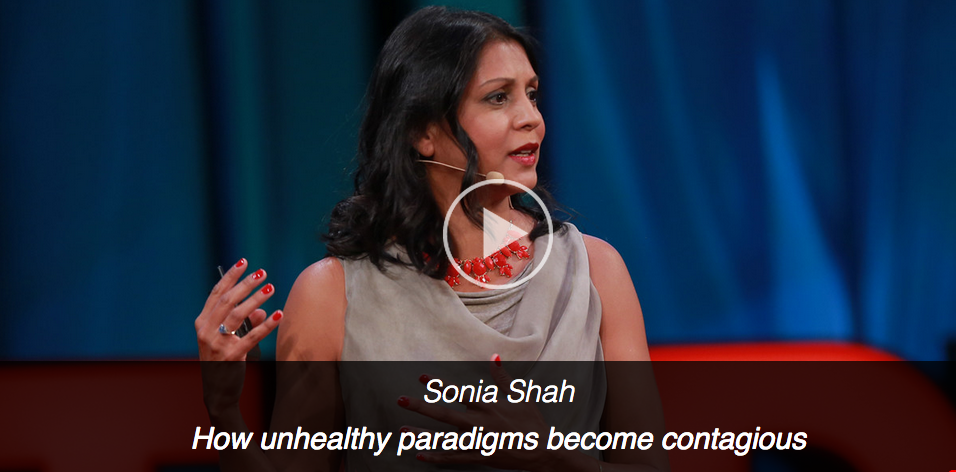





Leave a Reply